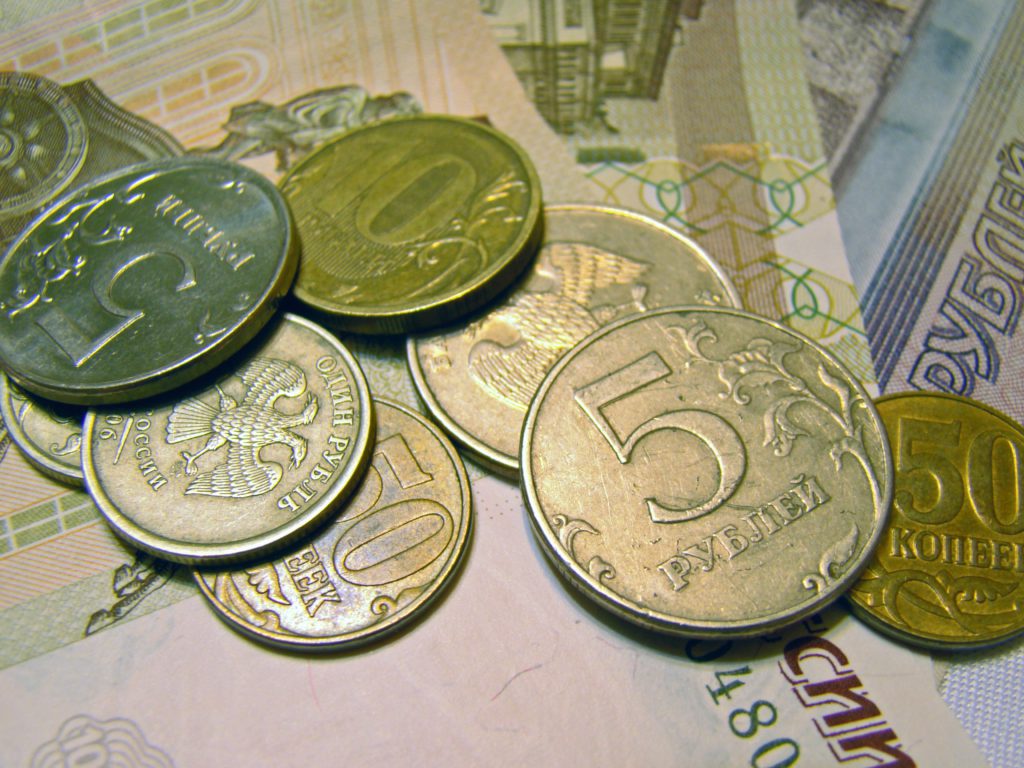Russians buy up gold to salvage savings after ruble collapse

Russians are buying more gold to protect their savings after Vladimir Putin’s invasion of Ukraine sparked a collapse in the ruble and new restrictions made it more difficult to purchase foreign currency or take money out of the country.
Increasing household demand for physical gold prompted the Bank of Russia to halt its purchases from banks to ensure there’s enough supply for local buyers, it said Tuesday. The scrapping of a 20% value-added tax on purchases of metals also spurred transactions, the central bank said.
The nation’s biggest lender, Sberbank, said last week that demand for gold and palladium had quadrupled, and it planned to increase the number of offices selling the precious metal to “help people protect their savings.”
“There have been bank runs in Russia since the start of the war in Ukraine and Western sanctions, with the population withdrawing their deposits,” Ksenia Mishankina, a research analyst with Loomis, Sayles & Co., said in an email. “They see gold as a safe asset where they can park their savings.”
Gold has a long history as a haven against hard economic times, particularly when there are worries about the safety of local cash. The metal’s near-universal acceptance as an asset makes it equivalent to foreign exchange at times when governments limit access to other currencies.
The central bank lost access to almost half of its foreign-currency reserves after an asset freeze was imposed as part of the economic penalties meant to punish Moscow for the invasion. It still can access reserves in gold and yuan, but sanctions make it difficult for the central bank to trade in gold. Bank of Russia recently started purchasing gold after a two-year pause.
Russia imposed a raft of measures to curb the ruble’s slide, including raising interest rates to 20%, temporarily banning banks from selling cash currency to citizens who don’t already have FX accounts and limiting transfers abroad.
Still, the currency has fallen by a third so far this year, fueling one of Russia’s biggest inflation spikes this century.
Earlier this month, the London Bullion Market Association and the CME Group suspended all Russian refineries from their accredited lists, amounting to a ban on newly minted bars from the country entering the world’s top two markets. That means Russians may face restrictions on where they can resell their metal if it has to be remelted by one of the country’s purifiers.
(With assistance from Eddie Spence)
{{ commodity.name }}
{{ post.title }}
{{ post.date }}




Comments